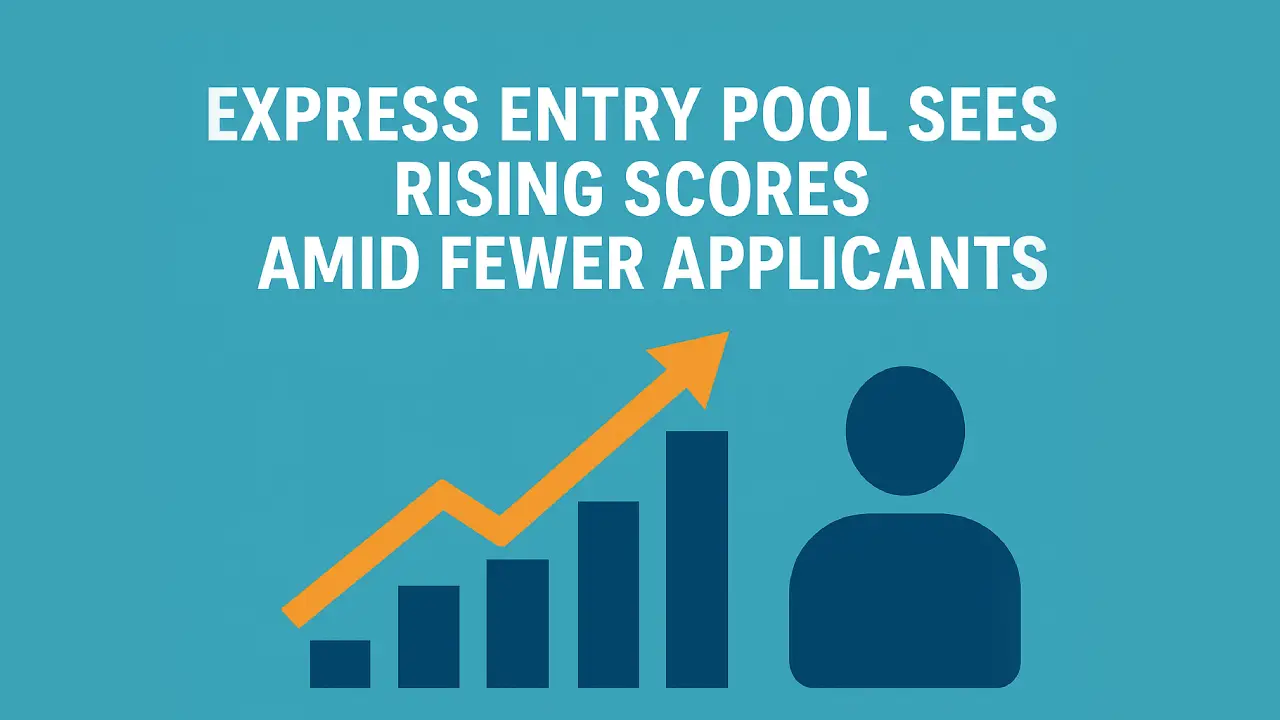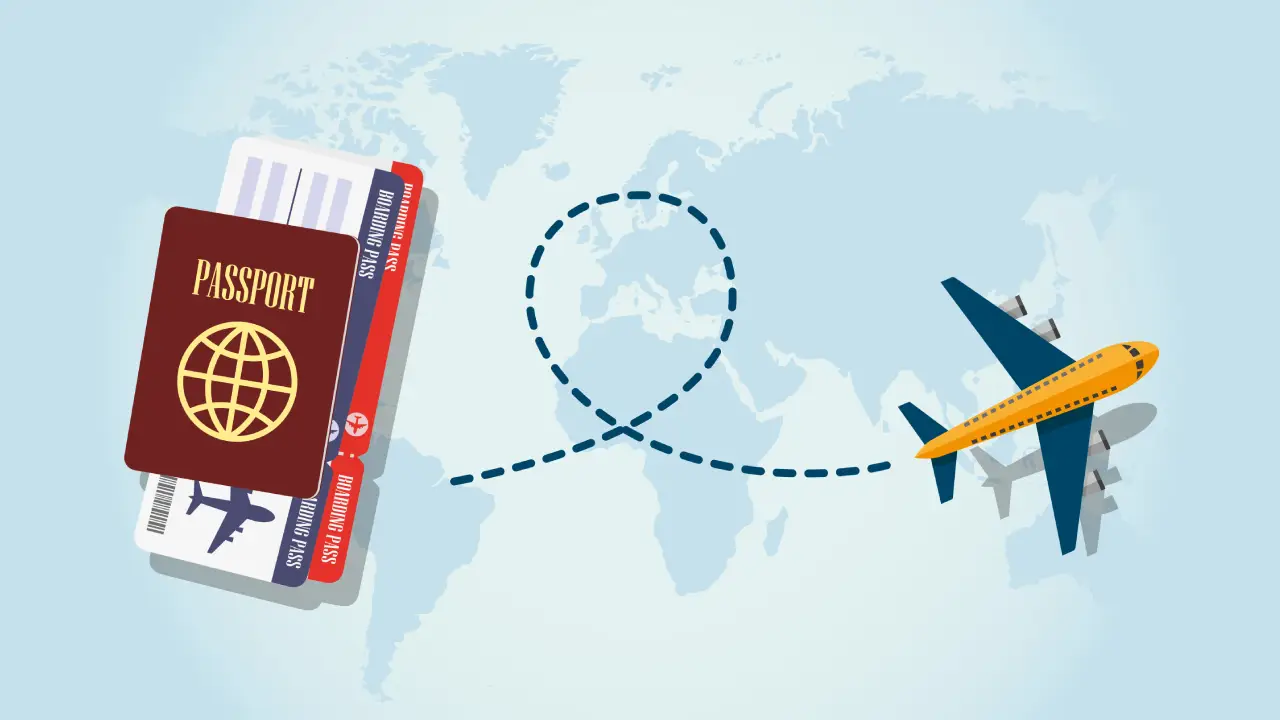According to Immigration Minister Marc Miller, the goal of the new regulations is to guarantee that future students receive the “quality of education that they signed up for,” not to discriminate against specific foreign students.
Canada is the first choice of International Students for obtaining work at high wages and completing their studies. Housing, healthcare, and other services are under pressure due to the sharp rise in the number of foreign students enrolling in Canadian universities. To boost income, several universities have dramatically boosted admissions, which has resulted in a rise in the number of students entering Canada without the necessary resources.
The Statement passed by Marc Miller, Minister of Immigration, Refugees and Citizenship states that the Government of Canada set an order to moderate new growth for international student permit applications for 2 years.
Students that are not affected by this:
1) Study Permit Renewals not be impacted.
2) Students pursuing Master’s and Doctoral degrees are not affected
3) Elementary and Secondary Education not affected
4) Current Study permit holders will not be affected
For 2024, the cap is expected to result in approximately 360,000 approved study permits, a decrease of 35% from 2023. Only students enrolled in the cap are in undergraduate or diploma programs.
Beginning on January 22, 2024, an attestation letter from a province or territory will be required for each study visa application submitted to the IRCC to impose the cap. A portion of the total will be distributed to each province and territory based on their population and the number of students enrolled at the time. Subsequently, provinces will determine the allocation of these permits among their institutions and universities.
Now Study permit application submission is Stopped for two years, and the submission of applications will re-open in 2025. A sustainable future for international students will be developed during this time by the Canadian government in collaboration with the nation’s education stakeholders, designated learning institutions, and provinces and territories.
For the Post-Graduation Work Permit Program, the Government is changing the eligibility criteria:
- Starting September 1, 2024, international students enrolled in study programs governed by curriculum licensing agreements will lose eligibility for post-graduation work permits. These agreements involve attending private colleges licensed to deliver public college curricula, which have drawn in many international students. However, they have less oversight and pose a loophole for work permit eligibility.
- Additionally, master’s degree graduates will soon qualify for a 3-year work permit, addressing the current limitation where permit duration is tied solely to program length, hindering opportunities for work experience and potential permanent residence transition for master’s graduates.
Open Work Permit to Spouses:

- Students who are pursuing master’s and doctoral programs will only get a spousal open work permit
- Students with other courses including undergraduate and college programs, will not get a spousal open work permit





